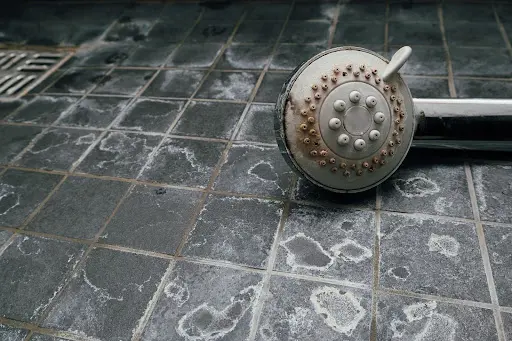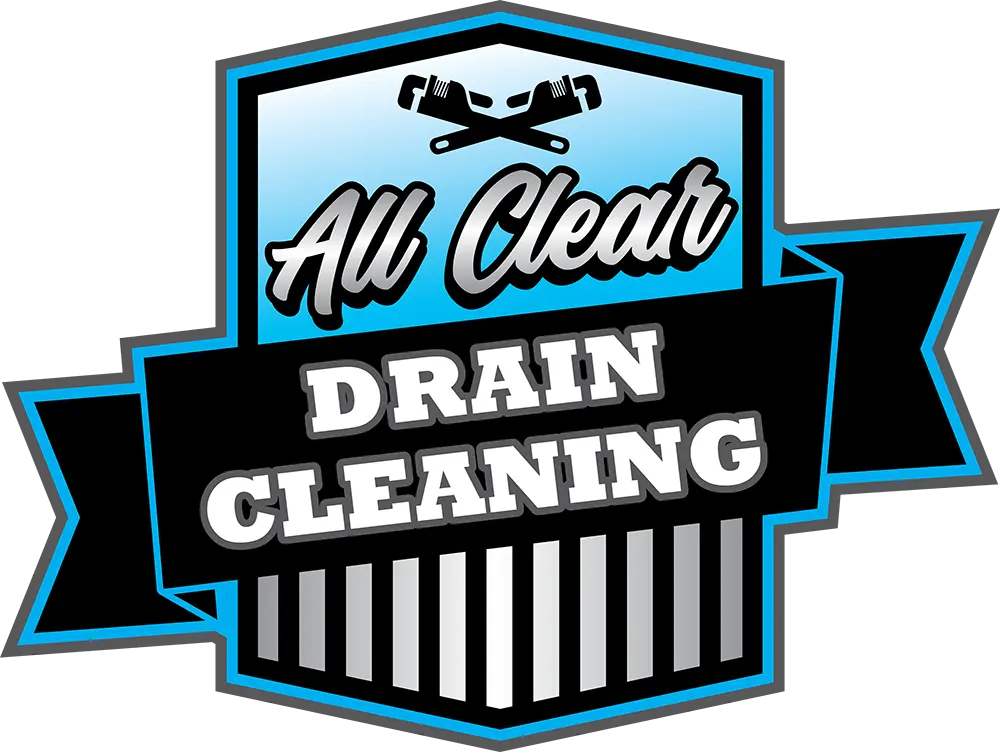The Impact of Hard Water on Your Plumbing System

At All Clear Drain Cleaning, we know how essential a well-functioning plumbing system is to your daily life. Unfortunately, one of the common issues many homeowners face is the impact of hard water on their plumbing systems. Hard water can cause numerous problems, from minor inconveniences to significant damage. In this post, we’ll explore what hard water is, how it affects your plumbing, and what you can do to combat these issues.
Understanding Hard Water
Hard water is water that contains high levels of dissolved minerals, primarily calcium and magnesium. These minerals are picked up as water passes through soil and rock before reaching your plumbing system. The hardness of water is measured in parts per million (ppm) or grains per gallon (gpg), with higher numbers indicating harder water.
Common sources of hard water include groundwater and well water, which tend to have higher mineral content compared to surface water. Many homes, especially those in areas with high mineral deposits in the soil, experience the effects of hard water on plumbing systems.
Mineral Buildup
One of the primary hard water plumbing problems is mineral buildup. As water flows through your pipes, faucets, and fixtures, the dissolved calcium and magnesium can precipitate out and form solid deposits. Over time, these mineral deposits accumulate, leading to several issues:
- Pipes: The buildup can reduce the diameter of pipes, restricting water flow and increasing pressure within the plumbing system.
- Faucets and Fixtures: Mineral deposits can clog aerators and showerheads, reducing water pressure and flow. This can also cause uneven water distribution.
- Appliances: Hard water can damage appliances like washing machines, dishwashers, and water heaters, leading to inefficiency and potential breakdowns.
Corrosion
Another significant impact of hard water on plumbing is corrosion. The minerals in hard water can create a scale buildup inside pipes and fixtures, which can trap moisture and create a conducive environment for corrosion. This corrosion can:
- Accelerate Wear and Tear: Corrosion weakens plumbing materials, making them more susceptible to leaks and breaks.
- Cause Leaks: As pipes corrode, they can develop small leaks that may go unnoticed until significant damage has occurred.
- Damage Appliances: Corrosion can reduce the efficiency and lifespan of water heaters and other appliances, leading to higher energy bills and maintenance costs.
Recognizing Signs of Hard Water Damage
Understanding the signs of hard water damage can help you take action before the problem becomes severe. Common indicators include:
- Scale Buildup: Visible white or chalky deposits on faucets, showerheads, and other fixtures.
- Reduced Water Flow: Noticeable decrease in water pressure or flow, often due to clogged pipes or fixtures.
- Spotty Dishes and Glassware: Hard water can leave spots and film on dishes, even after washing.
- Soap Scum: Residual soap scum on bathtubs, shower walls, and sinks, as hard water makes it difficult for soap to lather and rinse away cleanly.
- Appliance Issues: Water heaters, dishwashers, and washing machines may require more frequent maintenance or repairs due to scale buildup and corrosion.
Consequences for Homeowners
The effects of hard water on plumbing can lead to several consequences for homeowners:
- Increased Maintenance Costs: Frequent repairs and maintenance are needed to address hard water damage.
- Decreased Lifespan of Plumbing Components: Pipes, fixtures, and appliances may need to be replaced sooner than expected.
- Impact on Water Quality: Hard water can affect the taste and appearance of drinking water.
- Reduced Appliance Efficiency: Hard water can cause appliances to work harder, using more energy and increasing utility bills.
Solutions to Combat Hard Water Plumbing Problems
Fortunately, there are several solutions to mitigate the effects of hard water on your plumbing system:
Water Softening Systems
A water softener is a device that removes calcium and magnesium ions from water, replacing them with sodium or potassium ions. This process, known as ion exchange, effectively reduces water hardness and minimizes the risk of mineral buildup and corrosion. Water softening systems can be installed at the point of entry to treat all the water in your home.
Other Treatment Options
In addition to traditional water softeners, there are other treatment options available:
- Descaling Systems: These systems use electromagnetic or magnetic fields to alter the structure of mineral ions, preventing them from forming solid deposits.
- Reverse Osmosis: This filtration method can remove minerals and other impurities from water, providing high-quality drinking water and reducing scale buildup.
Preventive Maintenance Tips
Regular maintenance can help prevent hard water damage and extend the lifespan of your plumbing system:
- Flush Water Heaters: Periodically flushing your water heater can remove sediment buildup and improve efficiency.
- Clean Faucets and Showerheads: Regularly cleaning aerators and showerheads can prevent clogs and maintain water flow.
- Inspect and Replace: Regularly inspect your plumbing fixtures and appliances for signs of scale buildup and corrosion, replacing parts as needed.
Cost Considerations
While investing in a water softener system or other treatment options may seem costly upfront, the long-term savings are significant. By preventing hard water damage, you can reduce maintenance costs, extend the lifespan of your plumbing components, and improve the efficiency of your appliances. Comparing different solutions and their affordability can help you make an informed decision that best suits your needs and budget.
Contact Us for Plumbing Services
Our team of skilled professionals is dedicated to providing top-notch service and ensuring your satisfaction. We proudly serve the following counties:
- Middlesex County
- Monmouth County
- Mercer County
- Somerset County
- Ocean County
For more information about our services or to schedule an appointment, contact our team today. Whether you need an emergency local plumber or a routine plumbing repair, we are here to help. Let us keep your plumbing system running smoothly and efficiently.
